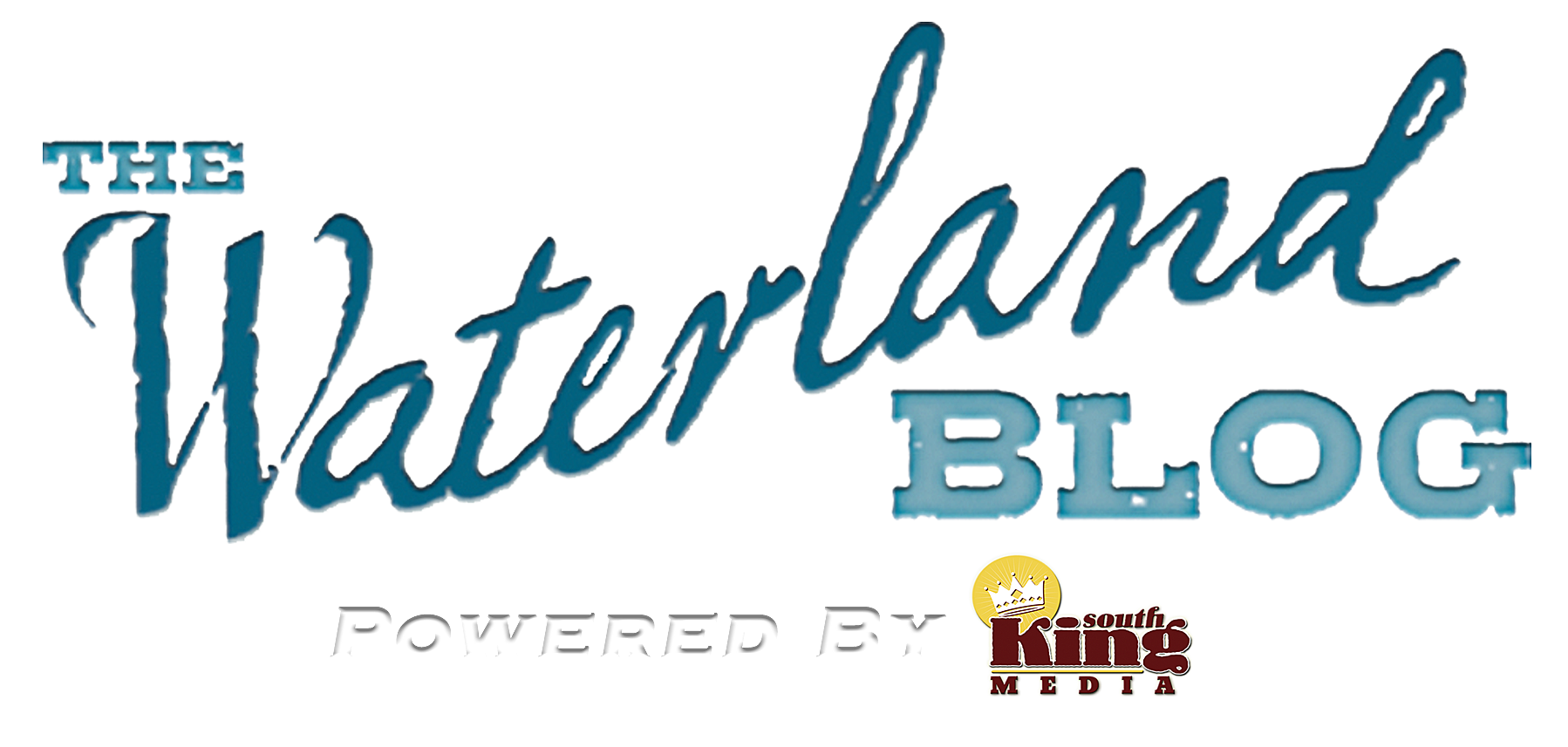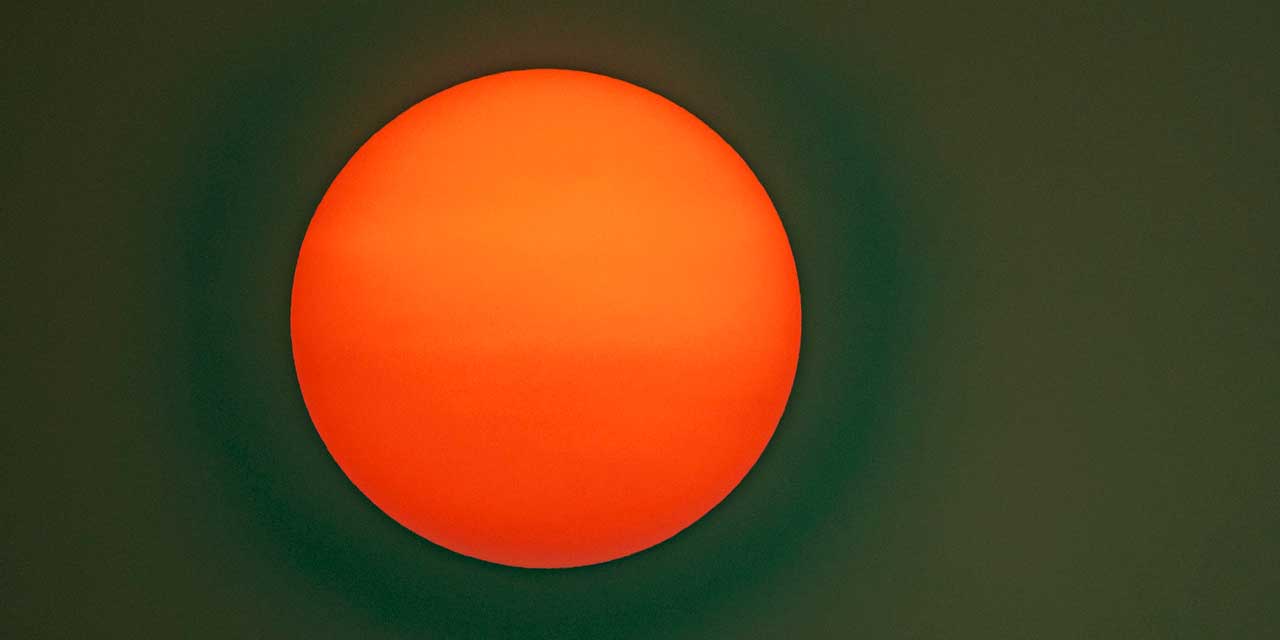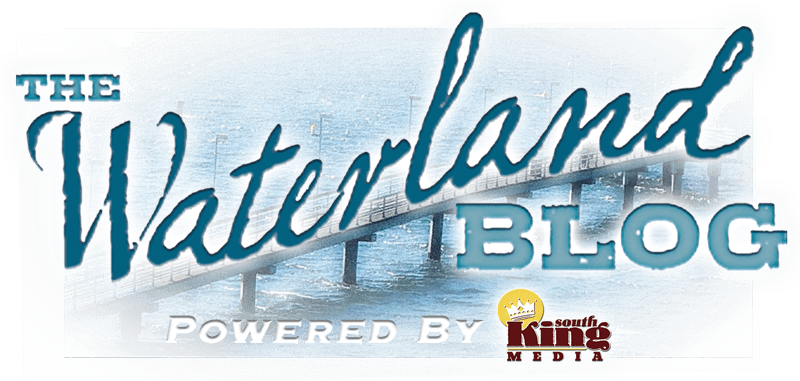Photo of recent smoky sunset by Elston Hill
UPDATE TUESDAY SEPT. 15, 2020: An alert about wildfire smoke was released by the Puget Sound Clean Air Agency and the health departments of King, Kitsap, Pierce, and Snohomish counties, and current air pollution due to wildfire smoke continues to be UNHEALTHY to VERY UNHEALTHY for everyone.
All are advised to stay indoors with windows and doors closed as much as possible.
Officials say that the light rain showers we have been getting are not significantly reducing smoke levels.
“We may actually see smoke levels increase somewhat on Wednesday as winds bring more smoke from Oregon fires north. We expect air quality to remain UNHEALTHY or VERY UNHEALTHY for everyone until late Thursday or Friday, when a storm should clear out most of the smoke.”
Conditions may change, and updated forecasts will be released until air quality improves.

Fire marshals in the four-county area of King, Kitsap, Pierce, and Snohomish counties have issued fire safety burn bans prohibiting outdoor burning including recreational fires.
When air quality is UNHEALTHY, everyone may begin to experience health effects; members of sensitive groups may experience more serious health effects. When air quality is VERY UNHEALTHY, everyone may experience more serious health effects.
Everyone should take precautions, especially infants, children, and people over 65, or those that are pregnant, have heart or lung diseases (such as asthma or COPD), respiratory infections, diabetes, stroke survivors, and those suffering from COVID-19:
-
- Stay at home when possible.
- Limit your activity outdoors, such as running, bicycling, physical labor, sports or hobbies.
- Close windows in your home, if possible, to keep the indoor air clean. If you have an air conditioner, use it in recirculation mode. Make sure your home ventilation system is maintained following manufacturer recommendations (e.g., replace filters regularly). Don’t contribute to indoor air pollution. Use a portable air cleaner if available.
- Heat can be dangerous too. If it becomes unbearably hot, it’s better to open the windows for a short period of time.
- Masks with the label “N95” or “N100” are the most effective type of mask that protects you from air pollution, but due to ongoing COVID-19 response we need to reserve those for health care and other frontline workers for now. While cloth face coverings are recommended to reduce the spread of COVID-19, they offer limited protection from air pollution and wildfire smoke and must be properly worn. Any mask or face covering should be used only as a last resort to protect against wildfire smoke. More information on COVID-19 mask do’s and don’ts can be found here.
- Check with your health care provider for more specific health questions and concerns. As always, seek medical attention if symptoms are serious.
For more information on ways to reduce your exposure to smoke, see the Washington Department of Health’s Smoke From Fire tips.
Air quality conditions may change quickly. Check the air quality forecast regularly at the Puget Sound Clean Air Agency’s website.


